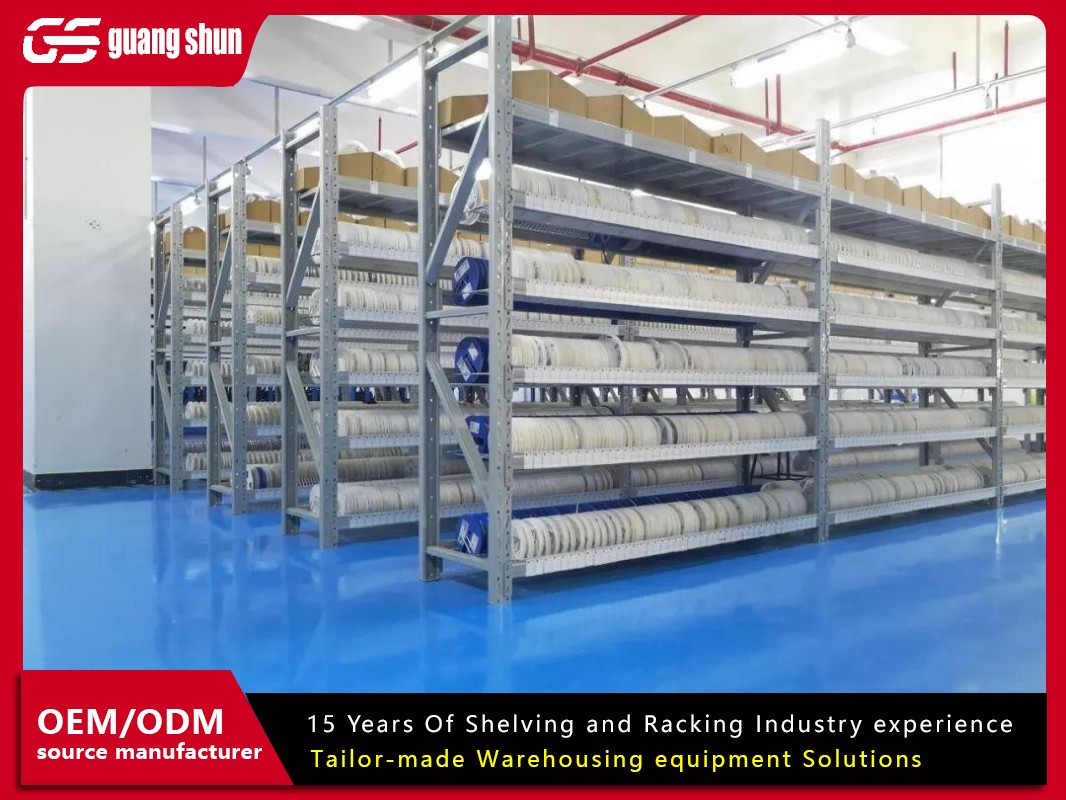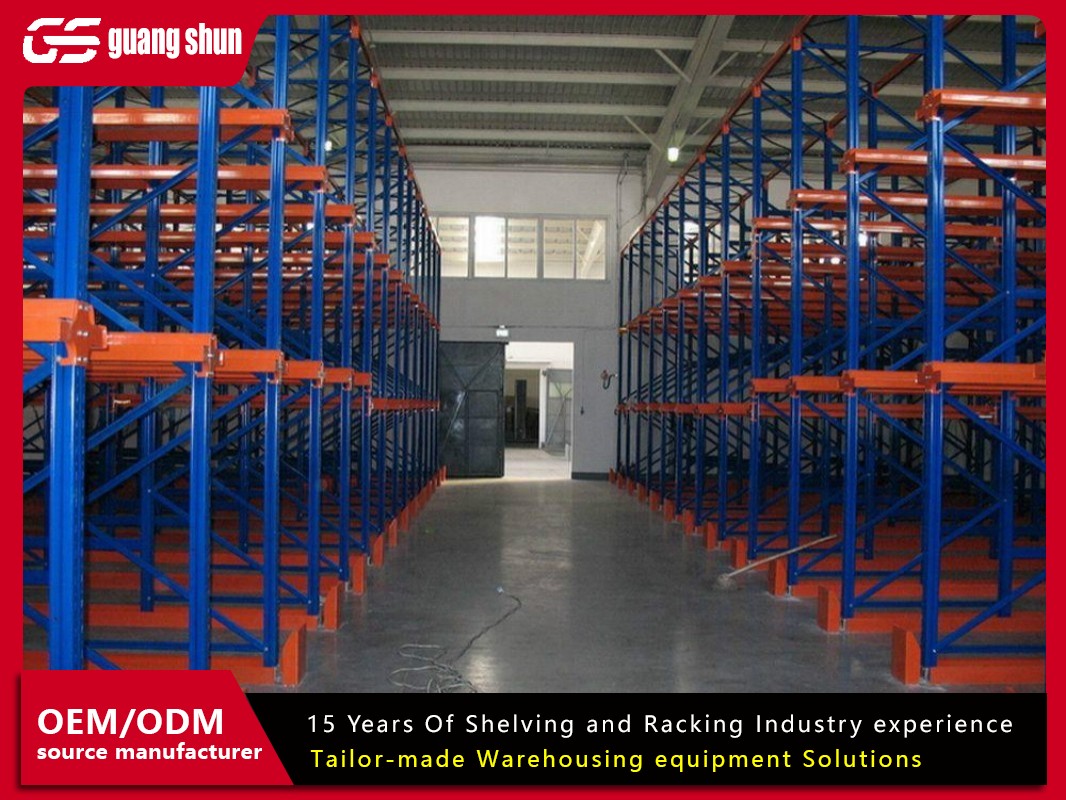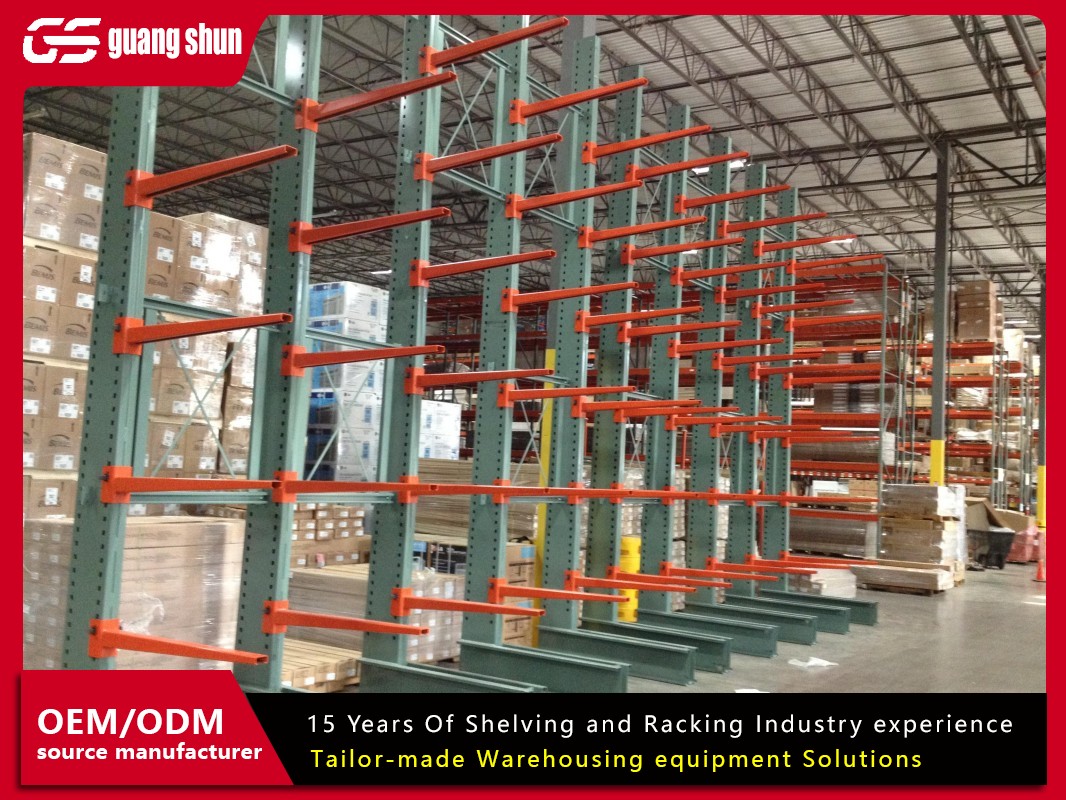In the world of logistics, inventory management, and warehousing, the foundation of an efficient operation lies in its storage solutions. This is where almacenes de estanterias—warehouse shelving systems—come into play. These are not just simple shelves; they are engineered structures designed to maximize storage capacity, improve organization, and enhance workflow safety. Whether you're running a small retail stockroom or a massive distribution center, understanding the intricacies of almacenes de estanterias is crucial for optimizing your space and boosting productivity. This comprehensive guide will delve deep into what these systems are, explore their various types, highlight key benefits, and address the most common questions and problems faced by businesses when selecting and implementing them.
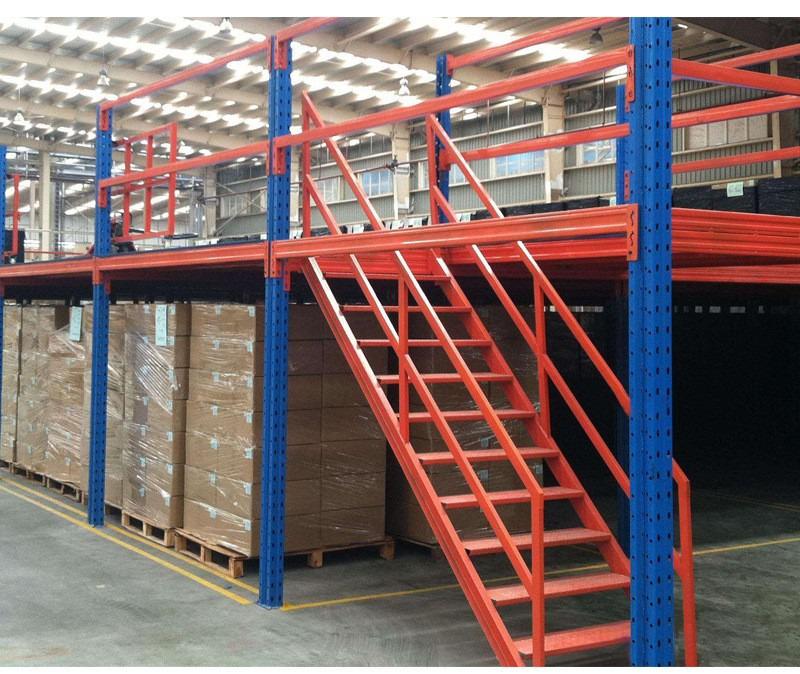
What Are Almacenes de Estanterias? Defining the Backbone of Storage
Almacenes de estanterias translates directly from Spanish to "warehouse shelving." However, the term encompasses a much broader range of storage solutions than simple bookcases. In a industrial or commercial context, these are heavy-duty, systematic storage structures designed to hold pallets, boxes, and various goods in an organized and accessible manner. They are the skeletal framework of any storage facility, determining how inventory is stored, retrieved, and managed.
The primary goal of any almacenes de estanterias system is to make vertical space work for you. By building upwards, businesses can dramatically increase their storage density without expanding their physical footprint, which is often a costly endeavor. These systems are typically constructed from high-strength steel and are modular, allowing for customization to fit specific spatial needs and inventory types. From bulky pallets to small parts, there is a type of almacenes de estanterias designed for virtually every storage challenge.
Key Types of Almacenes de Estanterias Systems
Not all storage needs are created equal, and consequently, there are several types of almacenes de estanterias systems. Choosing the right one depends on your inventory characteristics, available space, budget, and operational workflow.
1. Selective Pallet Racking
This is the most common and versatile type of almacenes de estanterias. It features upright frames and horizontal load beams, creating multiple levels of storage. Each pallet is accessible individually by forklifts, offering 100% selectivity. This makes it ideal for warehouses with a high variety of SKUs where quick access to any specific pallet is necessary.
2. Drive-In/Drive-Through Racking
Designed for high-density storage of homogeneous products, these systems eliminate aisles by allowing forklifts to drive directly into the rack structure. Drive-in racks have an entrance on one side, functioning on a Last-In, First-Out (LIFO) basis, while drive-through racks have entrances on both ends for First-In, First-Out (FIFO) inventory management. These almacenes de estanterias are perfect for cold storage or storing large quantities of the same item.
3. Push-Back Racking
A popular high-density system, push-back racking uses nested carts on inclined rails. Pallets are loaded from the front, pushing the previous load back. When a load is retrieved, the next one moves forward automatically. It offers better selectivity than drive-in systems and is excellent for storing multiple SKUs per bay while still maintaining good density.
4. Cantilever Racking
For storing long, bulky, or irregularly shaped items like lumber, pipes, or furniture, cantilever racking is the go-to solution. It features sturdy vertical columns with arms that extend outward, providing unobstructed access to items without the interference of front-facing vertical posts.
5. Shelving for Small Parts
Beyond heavy pallet racking, almacenes de estanterias also includes smaller-scale shelving units like boltless shelving, mobile shelving, and mezzanine floors with integrated shelving. These are essential for organizing smaller items, tools, and parts in a clean and accessible manner.
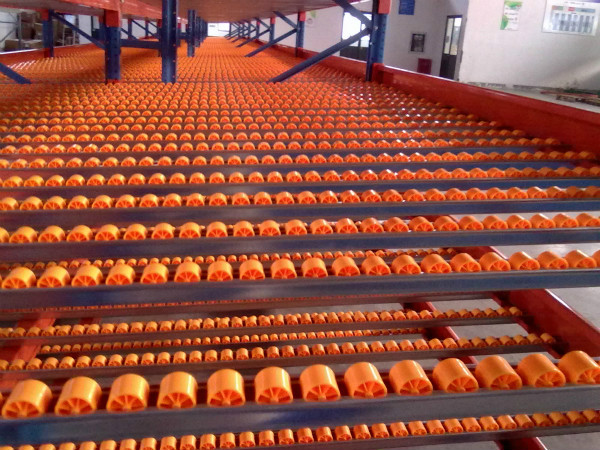
How to Choose the Right Almacenes de Estanterias for Your Needs
Selecting the appropriate almacenes de estanterias system is a critical decision that impacts your operation's efficiency for years to come. Here are the key factors to consider:
Inventory Analysis: What are you storing? Consider the size, weight, shape, and turnover rate (velocity) of your items. Fast-moving items might be best on selective racking near the shipping area, while slow-moving, uniform goods could be suited for drive-in systems.
Available Space: Precisely measure your warehouse's dimensions, including ceiling height. The goal is to maximize cube utilization. High ceilings are perfect for very tall almacenes de estanterias.
Equipment Compatibility: Your storage system must work seamlessly with your material handling equipment, primarily forklifts. The type of forklift (e.g., reach truck, counterbalance) determines the required aisle width, which directly influences your storage density.
Budget: Costs can vary significantly. While selective racking has a lower initial cost per pallet position, high-density systems like push-back have a higher upfront cost but can lower your cost per pallet stored over time by housing more goods in less space.
Future Growth: Choose a modular and scalable almacenes de estanterias system that can be reconfigured or expanded as your business evolves.
The Multifaceted Benefits of Installing Efficient Almacenes de Estanterias
Investing in a well-planned shelving system delivers a strong return on investment through numerous tangible benefits:
Maximized Storage Capacity: The most apparent advantage. By utilizing vertical space, you can store significantly more inventory within the same square footage, delaying or eliminating the need for a costly move to a larger facility.
Enhanced Organization and Inventory Control: A structured system allows for logical organization of goods by SKU, lot number, or other criteria. This reduces picking errors, speeds up order fulfillment, and simplifies cycle counting and inventory audits.
Improved Safety: Properly installed and maintained almacenes de estanterias are inherently safe. They are designed to bear specific loads and, when organized, reduce clutter on the floor. This minimizes tripping hazards and the risk of items falling, protecting both employees and inventory.
Increased Productivity and Efficiency: Easy access to goods means pickers and forklift operators spend less time searching for items and navigating cluttered spaces. A logical layout streamlines the entire workflow from receiving to shipping.
Cost-Effectiveness: By improving efficiency and maximizing your existing space, a good shelving system directly reduces operational costs associated with labor, errors, and potential expansion.
Common Problems and FAQs with Almacenes de Estanterias
Even the best systems can encounter issues. Here are some common problems and questions surrounding almacenes de estanterias.
1. How Much Weight Can My Shelving Hold?
This is the most critical question. Exceeding the weight capacity is extremely dangerous. The load capacity is determined by the manufacturer and is based on the design, materials, and configuration. Always check the manufacturer's load placards and specifications. Never assume a shelf can hold more than its rated capacity. A professional site survey and load calculation are essential before installation.
2. What Are the Safety Standards and Regulations?
Almacenes de estanterias must comply with local and international safety standards (e.g., OSHA guidelines in the US, EN standards in Europe). Common regulations include proper anchoring to the floor, use of load beams locks and safety pins, installation of row spacers and end-of-aisle guards, and clear aisle marking. Regular inspections for damage are also mandated.
3. How Do I Deal with Damage to the Racking?
Even minor damage to upright frames or beams can compromise the structural integrity of the entire system. Never ignore damage. The most common solution is to replace the damaged component immediately. Some companies offer rack repair kits or services, but replacement is often the safest and most recommended course of action.
4. How Often Should Shelving Be Inspected?
Formal inspections by a competent person should be conducted at least annually. However, operators should be trained to perform visual checks before each use, looking for signs of damage, deflection, corrosion, or loose components. Any issues should be reported and addressed immediately.
5. How Can I Improve Picking Efficiency with My Current System?
If you're not ready for a full overhaul, you can optimize your existing almacenes de estanterias.
Slotting: Analyze your picking data and reposition fast-moving items in the "golden zone" (between knee and shoulder height) to minimize travel and reaching.
Labeling: Implement a clear and consistent labeling system for locations and products.
Aisle Management: Ensure aisles are kept clear and are wide enough for equipment to maneuver safely.
6. What's the Installation Process Like?
Professional installation is highly recommended. It typically involves:
Planning & Design: Creating a layout based on your needs.
Site Preparation: Ensuring the floor is level and ready.
Assembly: Erecting the upright frames and connecting beams.
Anchoring: Securing the structure to the concrete floor for stability.
Safety Checks: Verifying that everything is level, secure, and built to specification.
Attempting a DIY installation without proper expertise and equipment can lead to a dangerous and unstable structure.
Almacenes de estanterias are far more than mere metal structures; they are a strategic investment and the core of an efficient, safe, and profitable warehouse operation. From the versatile selective pallet rack to the high-density drive-in system, understanding the options available empowers you to make an informed decision that aligns with your business goals. By carefully considering your inventory, space, and workflow, and by proactively addressing common installation and maintenance problems, you can unlock the full potential of your storage space. A well-designed almacenes de estanterias system is the silent workhorse that drives productivity, reduces costs, and provides a solid foundation for your business's growth and success.



